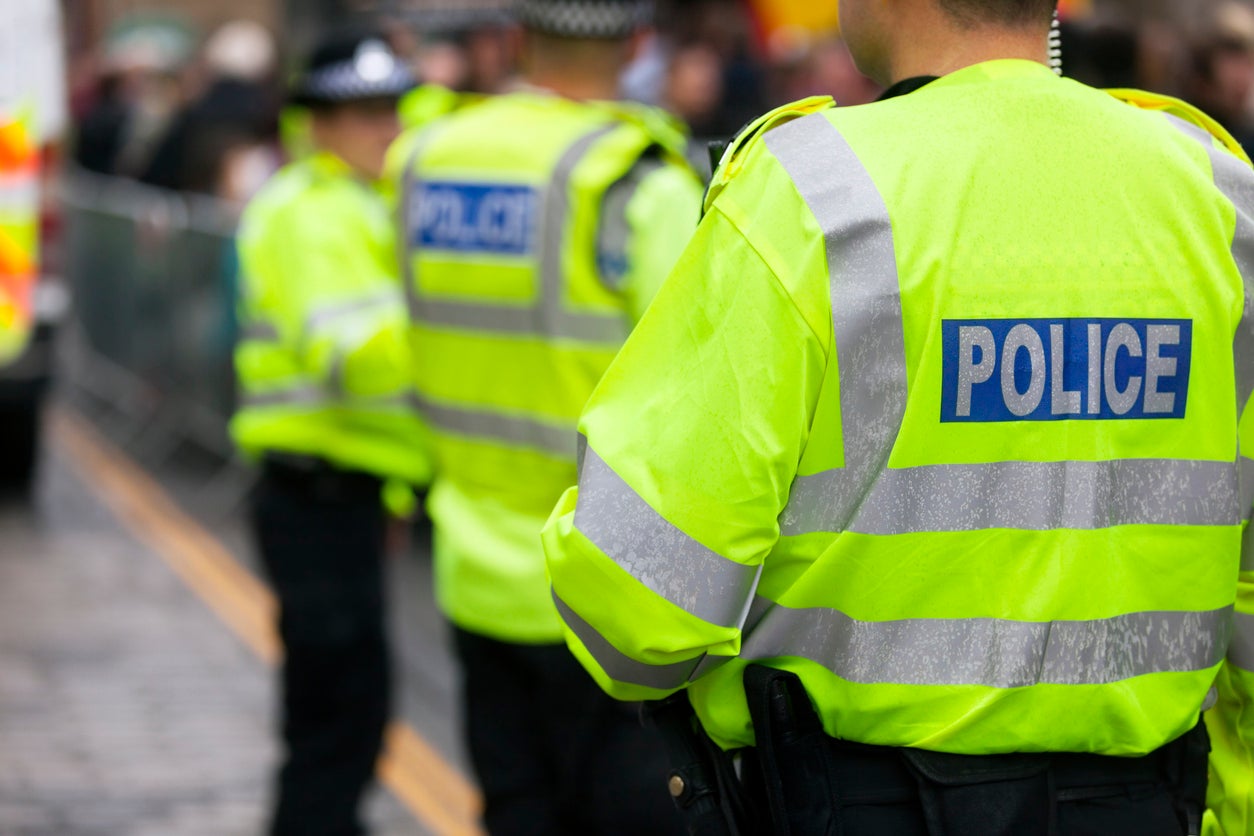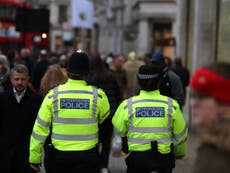After the recent stabbings in Belfast, I am scared to leave the house – the police are failing women
Police forces in the UK and Ireland urgently need to reassess their treatment of cases that disproportionately harm marginalised women and non-binary people


Your support helps us to tell the story
From reproductive rights to climate change to Big Tech, The Independent is on the ground when the story is developing. Whether it's investigating the financials of Elon Musk's pro-Trump PAC or producing our latest documentary, 'The A Word', which shines a light on the American women fighting for reproductive rights, we know how important it is to parse out the facts from the messaging.
At such a critical moment in US history, we need reporters on the ground. Your donation allows us to keep sending journalists to speak to both sides of the story.
The Independent is trusted by Americans across the entire political spectrum. And unlike many other quality news outlets, we choose not to lock Americans out of our reporting and analysis with paywalls. We believe quality journalism should be available to everyone, paid for by those who can afford it.
Your support makes all the difference.When I go out, I have a routine. Have I locked the door? Do I need cash? These days, have I remembered my mask? You know, the usual things.
But there is also another part of my routine that, as a young woman, I never forget to run through. I check twice that my phone is fully-charged, in case I need to contact someone in an emergency. I put a personal safety alarm discreetly in my purse. When I’ve been out with friends, I’ll send the “text me when you get home” message and wait nervously for their response. And on my own way home, I clutch my house keys between my knuckles so hard they turn white, poised to defend myself if I’m attacked.
I’ve been told countless times that I’m overreacting, that I’m hysterical, for doing these things. But three nights ago, in Belfast, where I live, three women were stabbed by a man. Two women were also punched in the back of the head, in attacks believed to be by the same man. All five of the victims were between the ages of 19 and 22. I’m 21 and these incidents have made me frightened to leave my home. That could have been me, I thought. That could have been a friend, a colleague, or a classmate.
Incidents like these confirm why switching to alert mode as soon as I leave my home, especially if it’s after dusk, is not hysterical. It’s vital. For many women, the most mundane tasks – grabbing a take-away coffee, going to the corner shop at night, hailing a taxi – become missions.
The attacks in Belfast are not isolated, either. A recent report, launched by Citizens UK, found that women are three times more likely than men to experience acts of assault. The report also found that women from marginalised communities – such as Muslim, Black or Trans women – are even more likely to be targeted in violent attacks.
In a statement issued the day after the stabbings in Belfast, the Police Service Northern Ireland (PSNI) Chief Superintendent, Simon Walls, warned women to “stay vigilant” and to “be with a friend or in groups” when going out. He added that the stabbings and assaults were uncommon, too. So I shouldn’t be worried, then? These attacks have made me more than worried. I’m terrified.
The PSNI’s response to the attack concerned me. I’m not going to flout their advice and I’ll be even more vigilant than I already am. But that’s not the point. The statement makes me feel that the work is on me to protect myself. That perhaps it’s my fault if I get stabbed when I leave my house without a friend because I should have been more careful. This feels like a classic victim-blaming technique. When I heard the PSNI’s message, this is what I heard loud and clear: there will always be attacks in our community and, as a young woman, I’ll just have to deal with that.
If recent movements, such as Black Lives Matter, have taught me anything, it’s that I should question the motives of our policing institutions and ask if they are really in the interests of the marginalised members of our communities. Do they actively seek to make my community safer for me? Are they really protecting vulnerable, at-risk groups to the best of their abilities?
Countless times, I’ve been on the bus or the tube and a man – often intoxicated – will persist in talking to me, or even try to touch me, despite my efforts in asking them to stop. If I’m worried that they might follow me home, I’ll call a friend nearby instead of the police. I know that I’ll get a quicker, more compassionate response. Similarly, I’ve heard stories from women who have reported domestic violence crimes. After waiting anxiously for over an hour, a police officer shows up, takes a few notes and leaves. Soon after, the case is dropped.
Unfortunately, the recent stabbings in Belfast have only accentuated a problem I knew already existed. The police are failing women.
Police forces in the UK and Ireland urgently need to reassess their treatment of cases that disproportionately harm marginalised women and non-binary people. It’s about time that our reports were taken seriously. If we want to live in communities where women feel safe, we must demand that our policing institutions drastically change the way they treat women. Otherwise, millions of women will continue to leave their homes in fear.



Join our commenting forum
Join thought-provoking conversations, follow other Independent readers and see their replies
Comments